TLDR at the bottom
Intro
With the passing of Proposal 187 on the Cosmos Hub, on March 7th, the Hub officially gained approval to add in new feature. The official title for that feature is called Replicated Security. Many, including myself, have used the terminology Replicated Security, and Interchain Security interchangeably, however, there are differences between the official meanings between those two terms.
Replicated Security, is simply a piece of the Interchain Security stack. So my goal here, is to explain at a high level, the full Interchain Security stack, and give a better perspective of how the Interchain Security stack creates a new security paradigm on the Cosmos Hub and in the Interchain as a whole.
The full Interchain Security stack being:
- Replicated Security
- Opt-in Security
- Mesh Security
Replicated Security:
Replicated Security allows for new or existing blockchains, to skip the line of finding validators and let’s them hook into the existing ATOM validator set. This means that projects can retain sovereignty, have fees on chain paid in their native currency AND lease the Cosmos Hubs economic security. What does it take from the protocol being added? The chain has to be approved via ATOM Governance.
In this approval process they need to show as much info as possible to ensure this addition to the validator set will be worth the extra work a validator will have to do. But while this provides more work, it could show even more profit for ATOM validators and stakers.
These chains that lease ATOMs validator set, will be paying the ATOM validators and stakers in their native currency. Or they can also be paying in any fee token, that the consumer chain utilizes (so this could mean ATOM or another IBC native currency, could be used rather than the consumer chain having its own token). This additional yield will be on top of the staking rewards from ATOM (20% at time of writing).
Opt-in security:
This model has many similarities to Replicated Security. However, this model allows for a portion of the Cosmos Hubs validator set to run a chain, rather than forcing the full validator set to run one. This means, that each validator that opts into running a chain, will allocate their portion of the Cosmos Hubs economic security to the chain in question.
Also, meaning they will allow for a slashable event to take place on the Cosmos Hub, in the event they misbehave on any chain they run. This, like in all of these security models, helps to ensure that a validator will stay honest. This will also means, that the chain receiving economic security from these validators, will pay rewards to these validators and their delegators.
Mesh Security:
Mesh Security, is a bidirectional version of Interchain security. Where, instead of a simple provider chain, and a consumer chain. Each chain will act as a provider and a consumer of each others economic security. Allowing for greater sovereignty between chains, and their validator sets while still providing an avenue for shared economic security.
Essentially, each chain will allow for a portion of their validators sets stake, to be slashable based on parameters set by the chains in question. This is done to ensure that these chains validators always act honestly between chains, with regard to any chain they mesh secure. In addition to these security measures, these validators and their delegators that are helping to mesh secure these chains, may also earn additional incentives for providing this security service across multiple chains.
Fluid Security throughout the Cosmos:
The three models provided, will create a unique security environment in the Interchain. The chains in question will be able to move bi-directionally between these security models, depending on where a chain is in the adoption phase and how mature the chain is.
For example: a chain may launch as an Opt-in chain on the Hub, to allow for various validators to contribute their stake towards the economic security of this chain, but not require the full set of the Hub to run a node. After this chain has run for a while, this chain may feel the need to grow to the full economic security of the Cosmos Hub, in which it can propose through Governance to become a Replicated Security chain. Or, it may find that it’s adoption is enough, to graduate from an Opt-in chain, to a chain using it’s own sovereign validator set, while using Mesh Security with an alliance of other chains to help grow its economic security.
In other words; it’s a fluid security framework, where these chains aren’t stuck with any one model, they can move between systems as they deem fit. This even includes the Hub.
You see, in this system, it is possible for the Hub, to be the provider chain for multiple consumer chains, while also becoming mesh secured by say, Osmosis, Juno, EVMOS and Akash. Basically each chain will provide alittle bit of stake, to add to the Cosmos Hubs economic security, and the Hub will add alittle bit of its stake to each one of these chain as well, making the economic pie much larger for all chains involved.
Conclusion
These security models are flexible, and their is no reason that one chain would have to be locked into one system. Even the Cosmos Hub can benefit from a system like Mesh Security, helping to create a better system of economic security for the Interchain Ecosystem.
It is going to be extremely interesting to see where the Interchain will be in a few years, with security innovations like Interchain Security, Opt-in Security and Mesh Security. The security fragmentation of the Interchain is slowly changing into a large-scale economic security system, with many sovereign blockchains contributing to each others security. This allows for greater security to be derived, meaning a safer environment for developers to build in.
TLDR: The Cosmos Hub has introduced Replicated Security, with a recent upgrade. However, there are two more features coming to the Hub (and Interchain ecosystem as a whole), that will allow for more options of security, to be derived to, and from the Hub.
Replicated Security, Opt-in Security and Mesh Security all work, using staking rewards and economic punishments like slashing and jailing for validators who participate in cross chain staking. The purpose of these models are to share economic security between various sovereign blockchains, as well as to create a less fragmented, more economically sound, Interchain ecosystem.
[link] [comments]

You can get bonuses upto $100 FREE BONUS when you:
💰 Install these recommended apps:
💲 SocialGood - 100% Crypto Back on Everyday Shopping
💲 xPortal - The DeFi For The Next Billion
💲 CryptoTab Browser - Lightweight, fast, and ready to mine!
💰 Register on these recommended exchanges:
🟡 Binance🟡 Bitfinex🟡 Bitmart🟡 Bittrex🟡 Bitget
🟡 CoinEx🟡 Crypto.com🟡 Gate.io🟡 Huobi🟡 Kucoin.




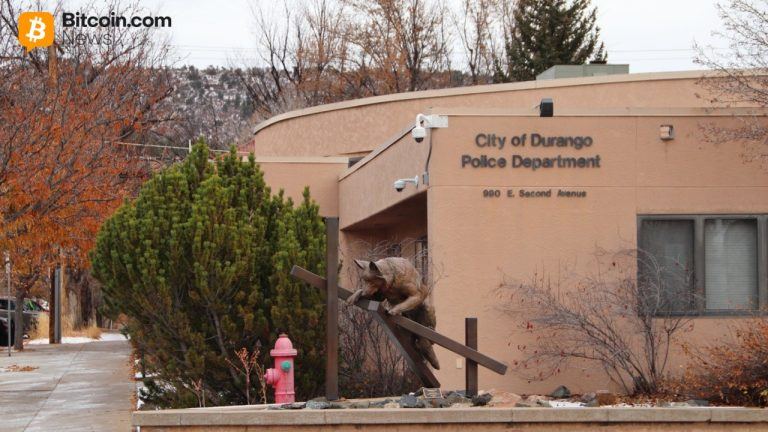
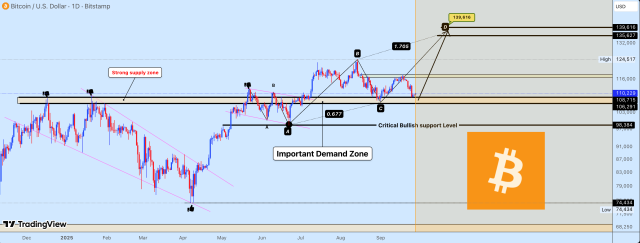



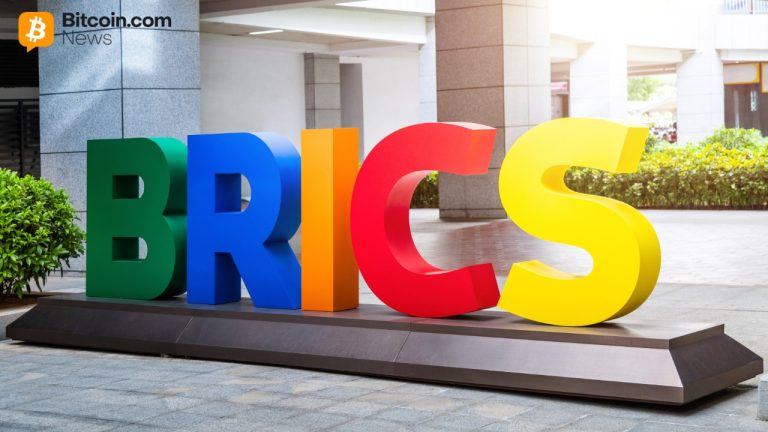



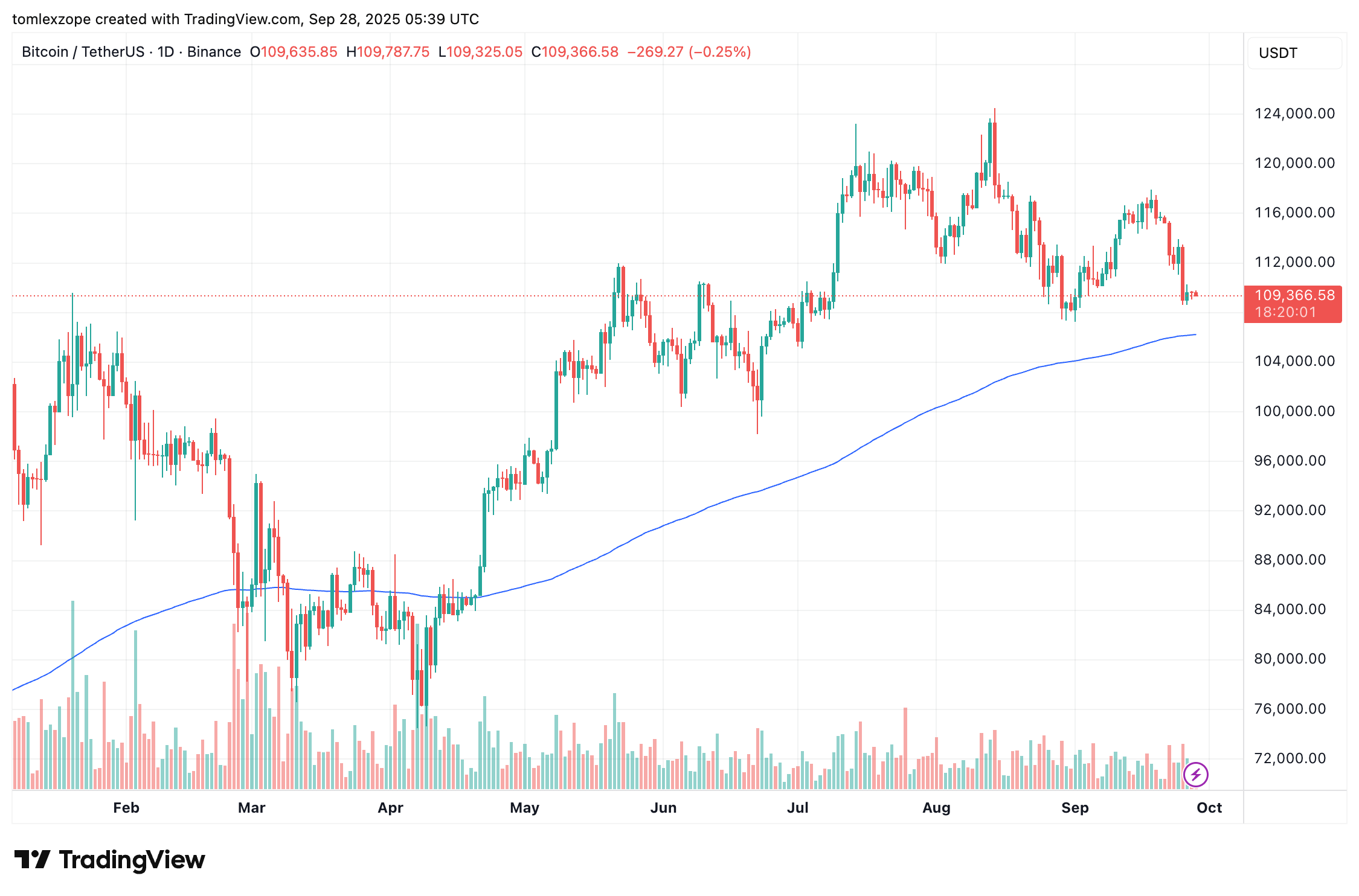
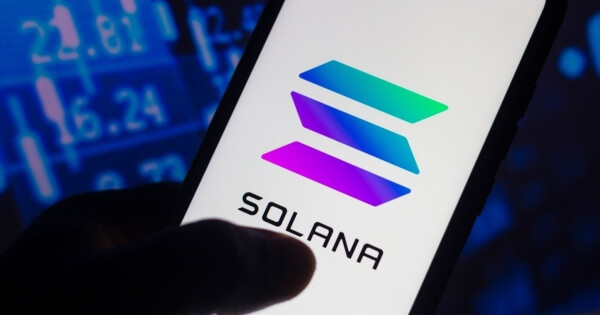


Comments